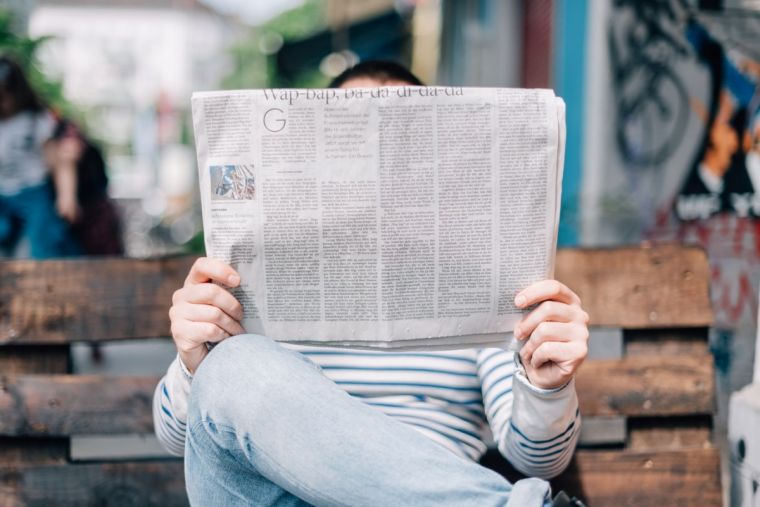JK Rowling, Noam Chomsky, Salman Rushdie sign open letter calling for protection of free speech

Around 200 writers, academics and journalists have signed an open letter warning that an "intolerant climate" is creating a "stifling atmosphere" in which certain views are being censored.
The letter, published in Harper's, has been signed by a number of high profile figures, including Harry Potter author JK Rowling, philosopher Noam Chomsky and novelist Salman Rushdie.
It warns that "the free exchange of information and ideas, the lifeblood of a liberal society, is daily becoming more constricted" as people face increasing risk of retribution for expressing their opinions.
"While we have come to expect this on the radical right, censoriousness is also spreading more widely in our culture: an intolerance of opposing views, a vogue for public shaming and ostracism, and the tendency to dissolve complex policy issues in a blinding moral certainty," they write.
"We uphold the value of robust and even caustic counter-speech from all quarters. But it is now all too common to hear calls for swift and severe retribution in response to perceived transgressions of speech and thought."
They criticise institutional leaders for imposing "hasty and disproportionate" punishments "in a spirit of panicked damage control", which in some instances has caused people to lose their jobs.
"Editors are fired for running controversial pieces; books are withdrawn for alleged inauthenticity; journalists are barred from writing on certain topics; professors are investigated for quoting works of literature in class; a researcher is fired for circulating a peer-reviewed academic study; and the heads of organizations are ousted for what are sometimes just clumsy mistakes," they say.
"Whatever the arguments around each particular incident, the result has been to steadily narrow the boundaries of what can be said without the threat of reprisal.
"We are already paying the price in greater risk aversion among writers, artists, and journalists who fear for their livelihoods if they depart from the consensus, or even lack sufficient zeal in agreement."
They go on to call for the freedom to take risks and make mistakes without fear of retribution or "dire professional consequences".
"This stifling atmosphere will ultimately harm the most vital causes of our time," they say.
"The restriction of debate, whether by a repressive government or an intolerant society, invariably hurts those who lack power and makes everyone less capable of democratic participation. The way to defeat bad ideas is by exposure, argument, and persuasion, not by trying to silence or wish them away."
Rowling has recently found herself at the centre of controversy over her defence of single-sex spaces and women's rights.
She faced a social media storm when she criticised an article referring to "people who menstruate" instead of using the term 'women', and later defended her views in a 4,000-word essay in which she said many women were "justifiably terrified" of trans activists.
"I know this because so many have got in touch with me to tell their stories. They're afraid of doxxing, of losing their jobs or their livelihoods, and of violence," Rowling said.
"But endlessly unpleasant as its constant targeting of me has been, I refuse to bow down to a movement that I believe is doing demonstrable harm in seeking to erode 'woman' as a political and biological class and offering cover to predators like few before it.
"I stand alongside the brave women and men, gay, straight and trans, who're standing up for freedom of speech and thought, and for the rights and safety of some of the most vulnerable in our society: young gay kids, fragile teenagers, and women who're reliant on and wish to retain their single sex spaces."











